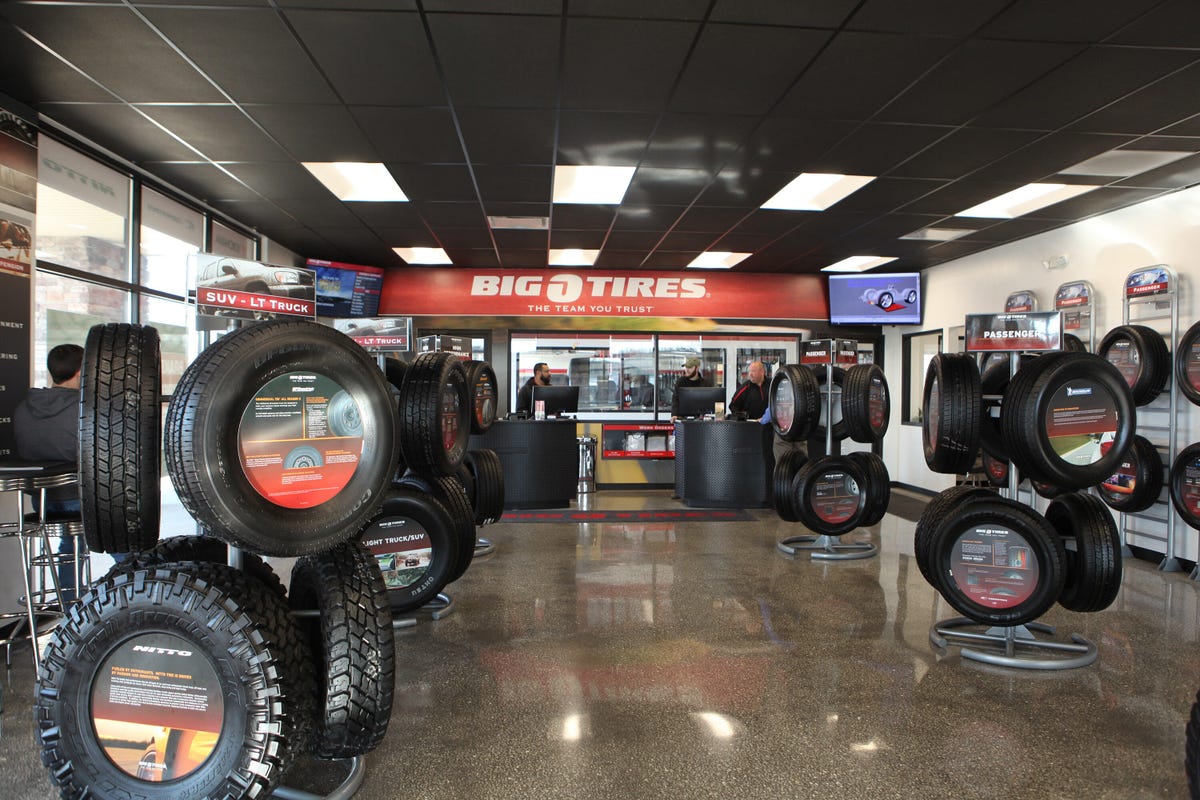Morris Tire and Alignment: Your Trusted Resource for Reliable Service
Morris Tire and Alignment: Your Trusted Resource for Reliable Service
Blog Article
Tire Solution: Recognizing Tire Stress Monitoring Solutions
Comprehending Tire Pressure Monitoring Systems (TPMS) is a critical element of maintaining optimal automobile performance and safety on the road. With improvements in automobile innovation, TPMS has actually become a typical feature in modern-day vehicles, supplying real-time details on tire pressure levels.

Value of TPMS
The importance of Tire Stress Monitoring Solutions (TPMS) lies in their ability to enhance car safety and performance with real-time monitoring of tire stress levels. Keeping the appropriate tire stress is important for making sure optimal handling, braking, and overall safety and security of an automobile. TPMS offers vehicle drivers with immediate responses on any type of overinflated or underinflated tires, permitting prompt changes to be made.
Elements of TPMS
Making up various crucial aspects, a Tire Stress Tracking System (TPMS) operates as a sophisticated safety and security feature in modern-day cars. The major elements of a TPMS consist of sensing units, a control module, and a caution sign. Sensors are usually located in the tire valve stem or connected to the wheel assembly, where they gauge tire pressure and send information to the control module. The control component procedures this info and activates a caution if it identifies substantially reduced stress in any of the tires. The warning indication, typically an icon on the dashboard, notifies the driver to inspect the afflicted tire or tires. Some advanced TPMS designs likewise present the actual tire stress analyses for each tire, supplying drivers with real-time details to make certain ideal tire performance and safety. By keeping track of tire pressure constantly, TPMS helps avoid accidents, reduces tire wear, and improves fuel efficiency, making it a critical part for lorry safety and security and efficiency.
Kinds of TPMS

On the other hand, indirect TPMS relies upon the vehicle's wheel rate sensors to keep track of tire pressure. This system spots underinflation by contrasting the rotational rates of the wheels. Indirect TPMS is less pricey than direct TPMS, as it makes use of existing sensors within the vehicle.
While direct TPMS uses extra accurate analyses, indirect TPMS is easier in style and review commonly calls for much less maintenance. Both systems have their advantages and limitations, and the selection in between them commonly depends upon aspects such as price, lorry make, and personal preference. Recognizing the distinctions between these 2 sorts of TPMS can assist automobile proprietors make educated choices regarding tire upkeep and safety.
TPMS Maintenance Tips
Efficient maintenance of TPMS is crucial for making certain optimal efficiency and security of your automobile. On a regular basis inspecting the TPMS sensors for any damages or deterioration is essential. Guarantee that the sensors are clean and complimentary from debris that might hinder their performance. In addition, it is a good idea to examine the sensor batteries regularly and change them as needed to guarantee precise readings. Conduct routine examine the tire pressure degrees and compare them with the TPMS readings to guarantee they are constant. Recalibrate the system following the maker's standards if there are any type of discrepancies. Additionally, during tire rotation or substitute, make certain that the TPMS components are managed thoroughly to stop any potential damages. If the TPMS alerting light brightens on the go to my blog dashboard, deal with the problem immediately by checking the tire stress and the overall system for any type of mistakes. By adhering to these upkeep tips, you can lengthen the life expectancy of your TPMS and enhance the safety of your driving experience.
Benefits of Proper Tire Stress
Maintaining appropriate tire stress, as highlighted in TPMS Maintenance Tips, is crucial for enjoying the various benefits related to optimum tire pressure degrees. Among the key advantages of keeping the right tire stress is improved fuel efficiency. When tires are properly pumped up, there is much less rolling resistance, leading to far better gas economic climate. Furthermore, correct tire pressure makes sure also tire wear, prolonging the life expectancy of the tires and advertising safer driving conditions. With the best tire stress, cars also have far better handling and grip, particularly in negative weather condition conditions. This can boost overall driving performance and security for the motorist and travelers. Maintaining ideal tire stress can add to a smoother and a lot more comfortable adventure by lowering resonances and sound caused by underinflated tires. Finally, the benefits of correct tire pressure surpass simply tire durability; they incorporate boosted gas efficiency, boosted safety, better car performance, and general driving convenience.
Verdict
Finally, understanding tire pressure monitoring systems (TPMS) is critical for preserving ideal tire stress and making sure vehicle safety. By acknowledging the significance of TPMS, knowing with its components, knowing the different kinds available, sticking to proper upkeep suggestions, and understanding the benefits of maintaining appropriate tire pressure, motorists can enhance their driving experience and lengthen the life expectancy of their tires. Correct tire pressure is key to reliable and risk-free lorry operation.

Report this page